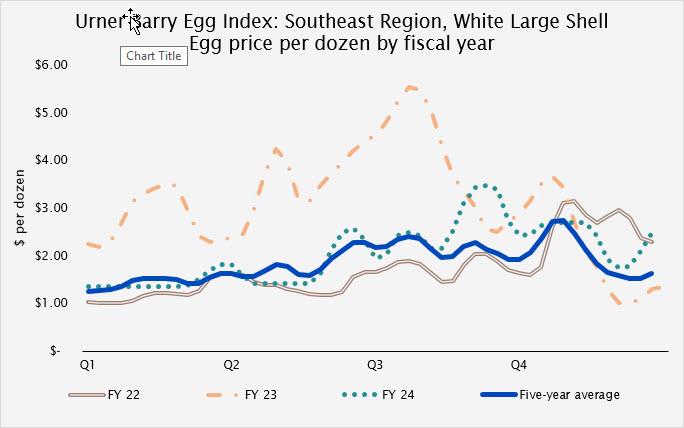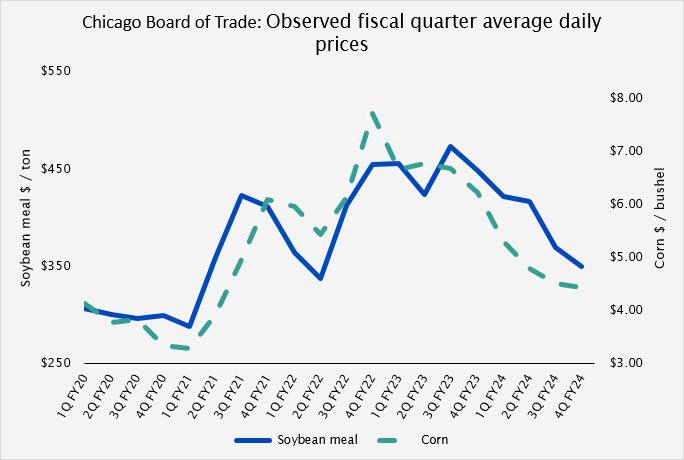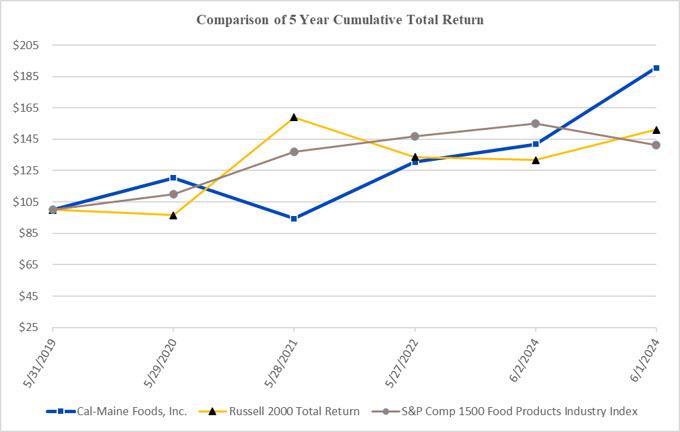7
destroyed. When authorizing such issue of a new certificate or certificates or uncertificated
shares, the board of directors may,
in its discretion and as a condition precedent to the issuance thereof, require
the owner of such lost, stolen or destroyed
certificate or certificates, or his legal representative, to advertise the same in such
manner as it shall require and/or to give the
corporation a bond in such sum as it may direct as indemnity against any claim
that may be made against the corporation with
respect to the certificate alleged to have been lost, stolen or destroyed.
TRANSFERS OF STOCK
Section 5
.
Stock of the corporation shall be transferable in the manner prescribed
by law and in the bylaws.
Transfers of stock shall be made on the books administered by or on behalf of
the corporation. Upon surrender to the
corporation or the transfer agent of the corporation of a certificate for
shares duly endorsed or accompanied by proper evidence
of succession, assignment or authority to transfer, it shall be the duty of the corporation
to issue a new certificate or
uncertificated shares to the person entitled thereto, cancel the old certificate
and record the transaction upon its books.
FIXING RECORD DATE
Section 6
.
In order that the corporation may determine the stockholders entitled to notice
of or to vote at any
meeting of stockholders or any adjournment thereof, or to express consent
to corporate action in writing without a meeting, or
entitled to receive payment of any dividend or other distribution
or allotment of any rights, or entitled to exercise any rights in
respect of any change, conversion or exchange of stock or for the purpose
of any other lawful action, the board of directors may
fix, in advance, a record date, which shall not be more than sixty nor less than ten
days before the date of such meeting, nor
more than 60 days prior to any other action. A determination of stockholders of record entitled to notice of or to vote at a
meeting of stockholders shall apply to any adjournment of the meeting; provided,
however, that the board of directors may fix a
new record date for the adjourned meeting.
REGISTERED STOCKHOLDERS
Section 7
.
The corporation shall be entitled to recognize the exclusive right of a person registered
on the books
as the owner of shares to receive dividends, and to vote as such owner, and to hold
liable for calls and assessments a person
registered on its books as the owner of shares, and shall not be bound to recognize
any equitable or other claim to or interest in
such share or shares on the part of any other person, whether or not it shall have
express or other notice thereof, except as
otherwise provided by the laws of Delaware.
ARTICLE VII
INDEMNIFICATION OF OFFICERS, DIRECTORS,
EMPLOYEES AND AGENTS; INSURANCE
Section 1
.
To the fullest extent permitted under Section 145 of the General Corporation Law
of the State of
Delaware, Cal-Maine Foods, Inc. (the “Corporation”) shall indemnify any person
who was or is a party or is threatened to be
made a party to any threatened, pending or completed action, suit or proceeding,
whether civil, criminal, administrative or
investigative (other than an action by or in the right of the Corporation) by reason
of the fact that he is or was a director, officer,
employee or agent of the Corporation, or is or was serving at the request of the Corporation
as a director, officer, employee or
agent of another corporation, partnership, joint venture, trust or other enterprise,
against expenses (including attorneys' fees),
judgments, fines and amounts paid in settlement actually and reasonably
incurred by him in connection with such actions suit or
proceeding if he acted in good faith and in a manner he reasonably believed
to be in or not opposed to the best interest of the
Corporation, and, with respect to any criminal action or proceeding, had
no reasonable cause to believe his conduct was
unlawful. The termination of any action, suit or proceeding by judgment, order, settlement, conviction
of upon a plea of
contendere
or its equivalent, shall not, of itself, create a presumption that the person did not act in good
faith and in a manner
which he reasonably believed to be in or not opposed to the best interests of the Corporation,
and, with respect to any criminal
action or proceeding,
had reasonable cause to believe that his conduct was unlawful.
Section 2
.
To the fullest extent permitted by Section 145 of the General Corporation Law of
the State of
Delaware, the Corporation shall indemnify any person who was or is a party
or is threatened to be made a party to any
threatened, pending or completed action or suit by or in the right of
the Corporation to procure a judgment in its favor by reason
of the fact that he is or was a director, officer, employee or agent of the Corporation,
or is or was serving at the request of the
Corporation as a director, officer, employee or agent of another corporation,
partnership, joint venture, trust or other enterprise
against expenses (including attorneys' fees) actually and reasonably incurred
by him in connection with the defense or
settlement of such action or suit if he acted in good faith and in a manner he reasonably
believed to be in or not opposed to the
best interests of the Corporation and except that no indemnification shall be
made in respect of any claim, issue or matter as to
which such person shall have been adjudged to be liable to the Corporation
unless and only to the extent that the Court of


